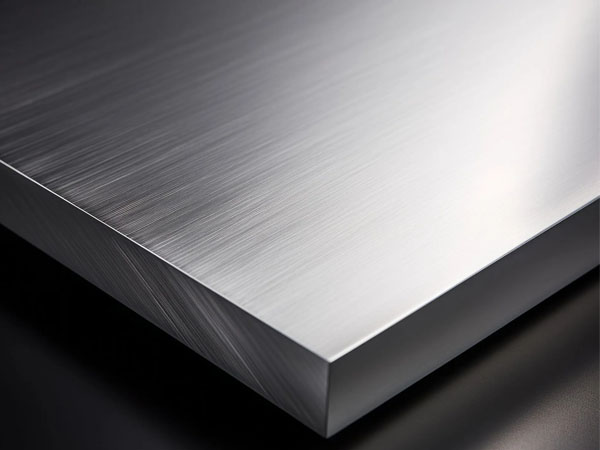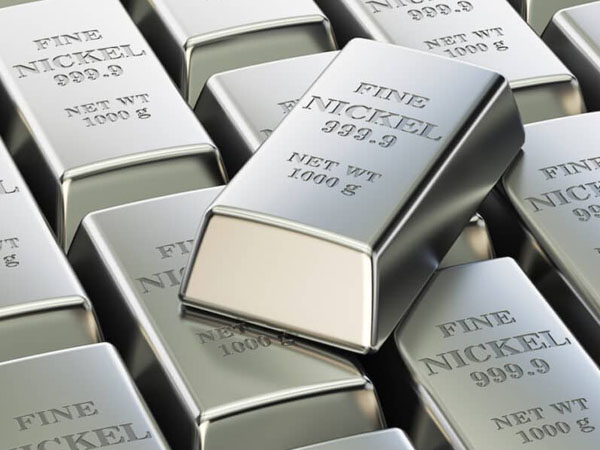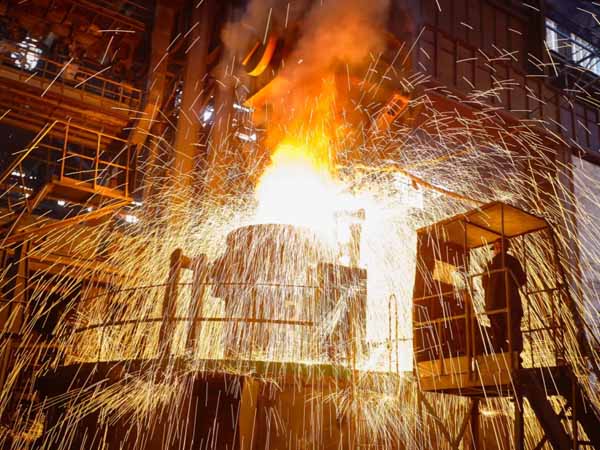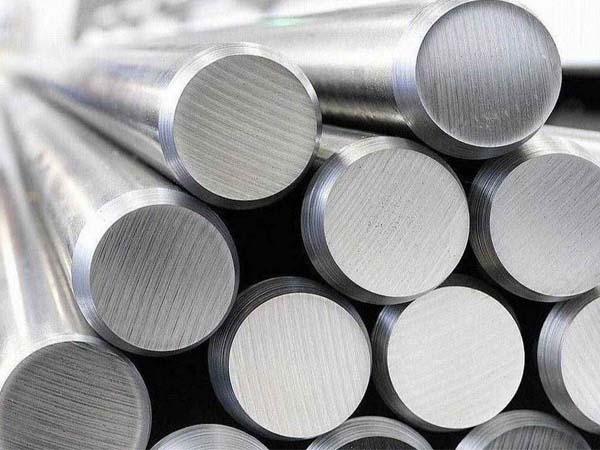





Phone
+86-731-82250427
Address
25th floor, C3 Building, Wanda Plaza, Kaifu District, Changsha, Hunan Province, China.
 May 24 2023
May 24 2023Nickel-based materials belong to stainless steel.
The content of Ni is different:
Nickel-based alloys are generally referred to as alloys with Ni content exceeding 30wt%. Common products have Ni content exceeding 50wt%. Due to their superior high-temperature mechanical strength and corrosion resistance, they are collectively called superalloys with iron-based and cobalt-based alloys ( Superalloy).
Generally, it is used in high temperature environments above 540℃, and according to its use occasions, different alloy designs are selected, and it is mostly used in special corrosion-resistant environments, high-temperature corrosion environments, and equipment that requires high-temperature mechanical strength. It is often used in aerospace, energy, petrochemical industry or special electronics/optoelectronics fields.
Nickel-based alloy is a special kind of stainless steel, a kind of high-alloy stainless steel containing high nickel, high chromium and high molybdenum.
Stainless steel is the abbreviation of stainless and acid-resistant steel. Steels that are resistant to weak corrosive media such as air, steam, and water or have rust resistance are called stainless steels.
Nickel-based alloys have very good local corrosion resistance. They have good pitting corrosion resistance and good stress corrosion resistance under seawater, air-filled, crevices, and low-speed erosion conditions. It is a substitute for Ni-based alloys and titanium alloys. material. At the same time, it has better high temperature or corrosion resistance. And stainless steel is almost in this respect.
The phase structure of nickel-based alloys is a stable austenitic metallurgical structure.
Stainless steel is often divided into martensitic steel, ferritic steel, austenitic steel, austenitic-ferritic (duplex) stainless steel and precipitation hardening stainless steel according to the state of organization.
Precision alloys, including nickel-based soft magnetic alloys, nickel-based precision resistance alloys, and nickel-based electric heating alloys. The most commonly used soft magnetic alloy is Permalloy with about 80% nickel. Its maximum permeability and initial permeability are high, and its coercivity is low. It is an important core material in the electronics industry.
The main alloying elements of nickel-based precision resistance alloys are chromium, aluminum, and copper. This alloy has high resistivity, low temperature coefficient of resistivity and good corrosion resistance, and is used to make resistors. Nickel-based electric heating alloy is a nickel alloy with 20% chromium, which has good oxidation resistance and corrosion resistance, and can be used for a long time at a temperature of 1000 to 1100 ℃.
